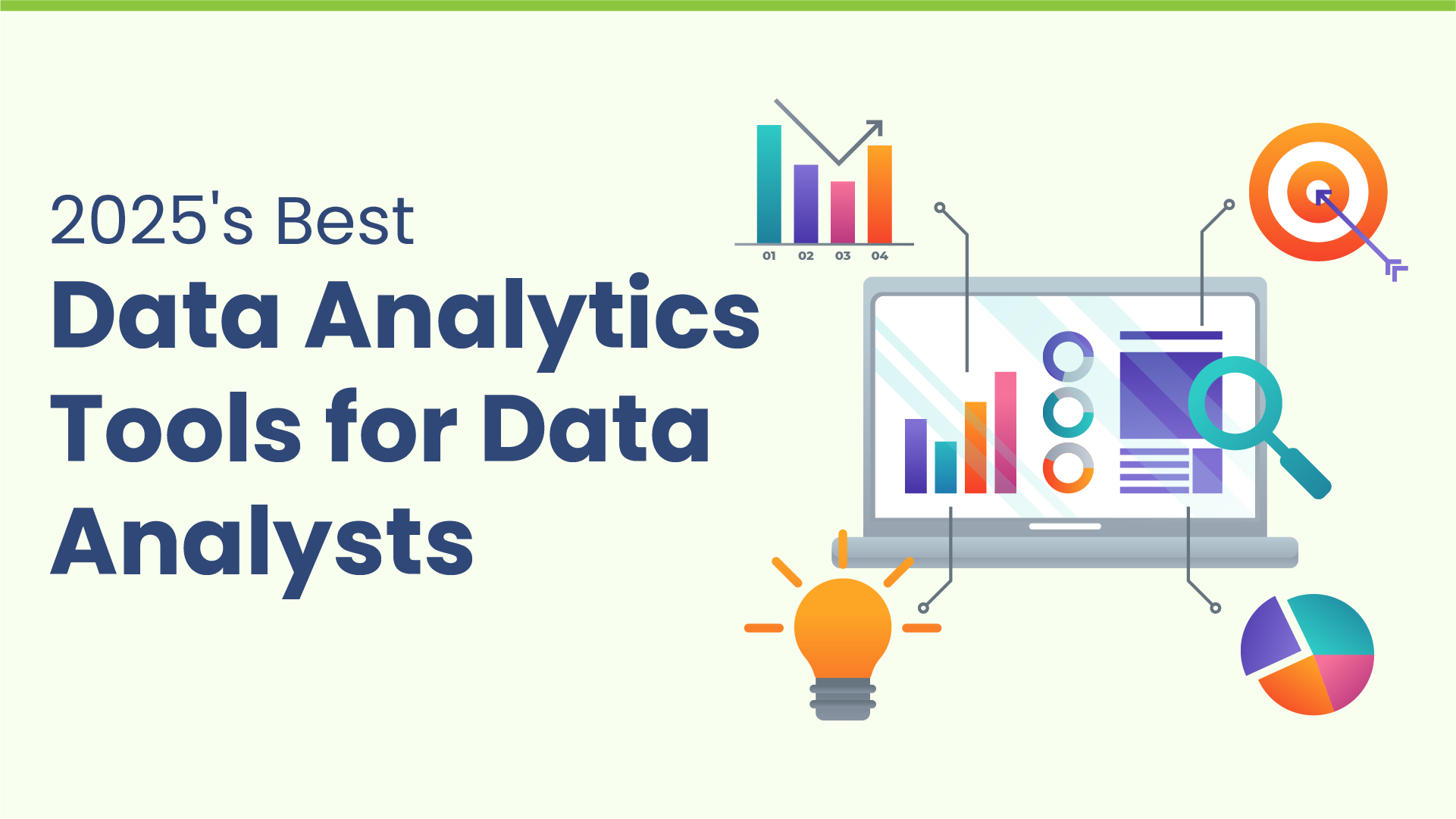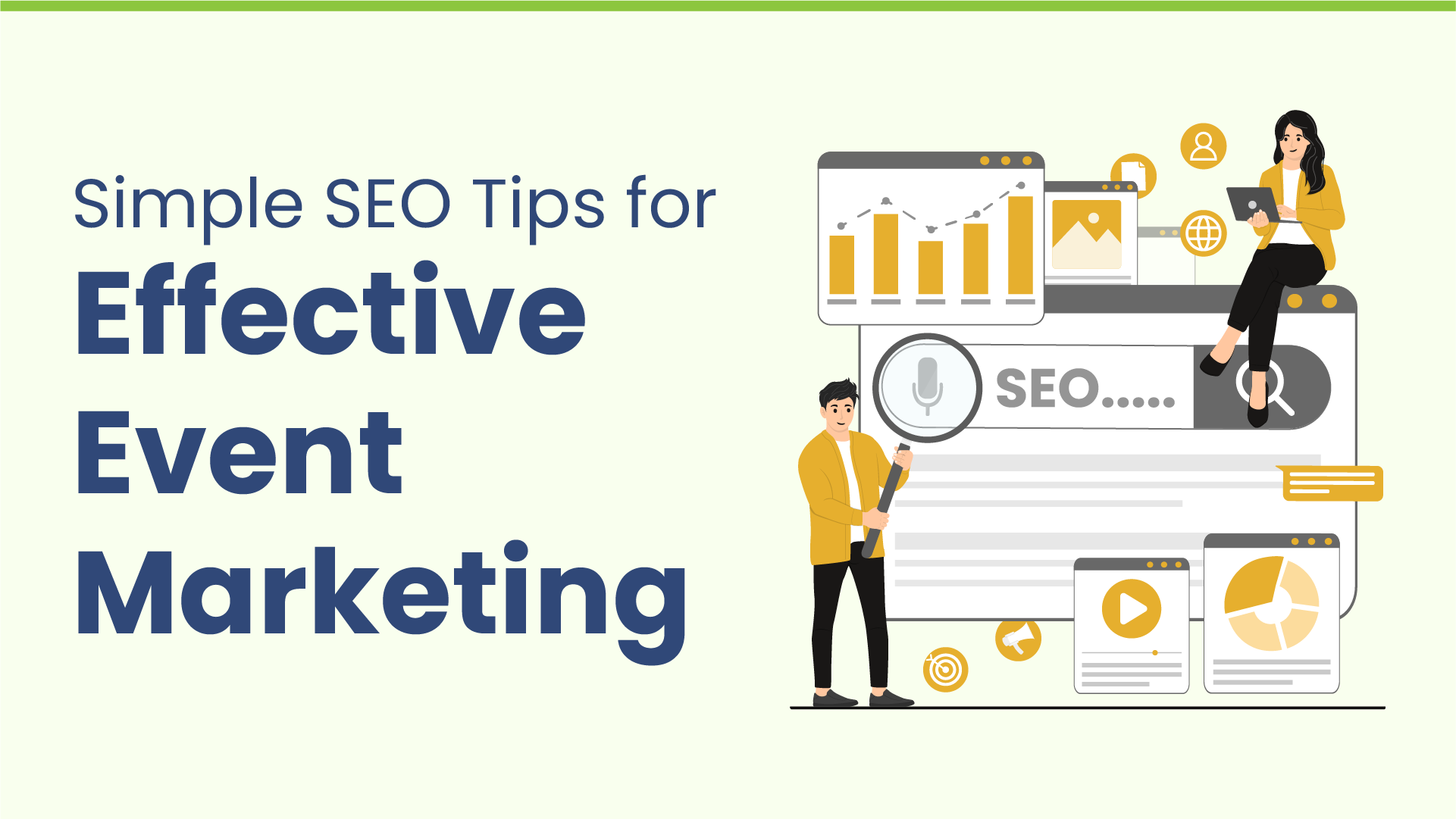
In the world of blogging today, search engine optimisation, or SEO, is crucial. What is SEO for Bloggers, though, and why is it so crucial? Without blog search engine optimisation, the blogging world would be a disorganised digital wasteland with posts, articles, and web content strewn all over the place, making it impossible to locate what we’re looking for.
We need a method to manage the 600 million blogs that are active on the internet at any given time, and search engine optimisation (SEO) is the key to doing it well. Getting your SEO right is crucial, since 71% of bloggers cite SEO as their primary source of traffic, and 7 out of 10 clicks go to the top 5 search results on Google.
Search engines can locate, recognise, and provide consumers with relevant content more quickly and effectively thanks to SEO. However, it also makes it possible for the internet to distinguish between quality information and the poorly written blogs, articles, and webpages that are out there.
We are all aware of how important SEO is for websites, but what effect does it actually have on blogging? This post is about SEO for bloggers, examining the many forms of SEO and the components that are most important to guaranteeing that your website and blog entries rank highly and reach the intended audiences.
ALSO READ: What is SEO and its types of SEO?
SEO for Bloggers:
By using automated bots known as “spiders” or “web crawlers” to search the internet on our behalf, search engines effectively operate as enormous labour pools. They find and present the most relevant results for user-submitted queries in a matter of milliseconds.
When a user types words into a search engine console, such as Google, Bing, or Yahoo!, an algorithm is applied before crawlers are sent out to search the web for results that are most likely to include what they are looking for.
These tiny labourers scan billions of online pages for keywords, metadata, site linkages, and other content pertinent to the searcher’s query. The search engine processes the results and displays them to the user on a “SERP,” or search engine results page.
However, for these bots to function, content publishers must make sure their online content includes all the elements the bots need to find it—a process known as search engine optimisation, or SEO.
The act of enriching, structuring, and improving online information is known as SEO, or search engine optimisation. This allows search engines to identify the content and provide links to websites and other online resources to users who are looking for the content it contains.
With the use of SEO, bloggers may enhance and modify the content of their blogs and websites to increase visibility, raise blog rankings, and facilitate search engine discovery.
Good SEO makes a page more visible to search engines and increases its chances of ranking higher on search engine results pages (SERPs). This increases the possibility that someone will click on the link and visit your blog or website.
How to Optimize Your Blog:
Regular search engine optimisation for any other website is the same as SEO for blogs. However, some blog SEO components are more important than others if you want your blog to rank higher than the competition and draw more traffic from niche audiences.
Businesses and companies use search engine optimisation (SEO) to drive traffic to their websites by creating and disseminating content that search engines can identify, associate with the search intent of their target audience, and rank based on its perceived value or authority. Although the general objectives of bloggers are similar, their individual SEO goals differ slightly.
One reason is that bloggers face far more competition than do large corporations or well-known brands. In the competition for the same niche markets, bloggers strive to make sure that their content performs better than other blogs produced along the same topic lines.
Bloggers must balance drawing quality traffic to their content with appealing to the appropriate audiences while configuring their SEO. A blogger’s decision-making process is influenced by a multitude of SEO criteria, so it’s important to grasp how everything works, particularly if you want to raise your blog’s rankings.
Different SEO features, components, and aspects that impact blog performance differently are present in each category. Google has a hidden ranking system for webpages and blogs based on more than 200 known parameters. Bloggers are always searching for the answers to what makes for the ideal blog SEO approach.
We can thus try to determine which SEO elements will give our content the best chance of performing well, even if we may never be able to determine which factors are truly important and which are just there to pad the stats.
Technical SEO: SEO for Bloggers
To make it easier for search engine spiders to scan and index your website, technical search engine optimisation entails making technical improvements to your blog and website. Because they can retrieve results from them more quickly, are more reliable sources of information, and are more secure, search engines favour websites with strong technical SEO.
The speed at which a page loads on your website or blog is measured by its page speed. People get impatient with slower page speeds, and even a tenth of a second too long can cause them to click away.
SEO Tip: Use a high-performance web hosting service, reduce the file size of your blog posts, and turn on browser caching to make sure your website loads quickly.
Websites that are optimised for smaller mobile screens and devices are said to be mobile-friendly. This is a crucial element to increase blog ranking, as mobile devices account for over 60% of all website visitors.
SEO Tip: Make an investment in responsive mobile web design to ensure that your blog works as well on smartphones as it does on laptops and that users enjoy a user experience that adjusts to any device.
Sitemaps provide an overview of the structure and organisation of your website by listing the key pages. Sitemaps help search engine crawlers reach your pages more quickly by reducing the number of pages they need to visit. Use XML sitemaps on your blog, put them in the root directory and on your homepage, and don’t forget to submit them to Google. This is a tip from SEO.
By indexing and arranging the information of your page in their enormous URL databases, search engines are able to “remember” it from their initial visit.
SEO Tip: Make sure your internal site linking is functional and optimise your robots.txt file for quicker indexing.
Search engines give preference to safer HTTPS sites with verified security features that guard against spam and hackers. Security factors are a significant ranking factor.
SEO Tip: If your blog site doesn’t already have an SSL certificate installed, install one by using SSL secure encryption technology.
ALSO READ: Top 10 ways to earn money online for students
On-Page SEO: SEO for Bloggers
The most of us are aware of on-page SEO. This type of search engine optimisation for bloggers, sometimes known as “on-site SEO,” entails making your blog’s content more easily accessible and easily understood by search engines.
On-page blog SEO is mostly within your control and virtually entirely dependent on your efforts, in contrast to technical SEO for bloggers. This implies that in order to meet your blogging objectives and make sure that both search engines and your audience are getting the most out of your website, you must know how to use it.
Content has an impact on your website’s overall structure, breadth, and appearance. Relevance is paramount, and blog word counts are also significant.
SEO Tip: Write optimised long-form blog entries (1800–2400 words) and make sure your content is relevant to your niche, accurate, and up to date.
The headings, metadata, and page titles in your blogs are examples of HTML tags and headings. These are used by search engines to determine relevant results and to include content snippets from your website in SERPs.
SEO Tip: Make sure your H2 and H3 headings are optimised with keywords and follow best practises for metadata, such as keeping your descriptions to 160 characters.
Keywords are the currency of SEO. terms are used by search crawlers to connect searches to your content. They can also be used to gauge traffic, spot trends in terms, and determine the cost per click.
SEO Tip: Researching keywords should always come before creating blogs or adding new content to websites. You may greatly improve your keyword SEO by using either free or commercial tools.
For bloggers, images are a frequently disregarded on-page SEO component. By giving your blog photos names and text descriptions that link back to your content, you may improve them.
SEO Tip: Since bots are unable to view images, you may maximise the SEO potential of your blog by adding alt text, or descriptions for photos. You should also make an effort to choose high-quality images for your blog, but be cautious when using large image files as they may slow down page load times.
Links come in two varieties: internal links, which link one page on your website to another, and external links, which, when clicked, take users off of your page. In addition to using links to navigate between pages on your website, search engines also utilise links to assess the calibre of external connections you use.
SEO Tip: Make sure outbound links point to high domain authority sites, maintain a balance between internal and external link ratios, and periodically audit links to make sure they are still functioning.
Off-Page SEO: SEO for Bloggers
This kind of SEO for bloggers focuses on off-website operations that enhance search engine rankings, increase traffic, and promote your content. Improved engagement and the likelihood that people will share your blog content are two ways that this SEO helps with non-organic search traffic and enhances your reputation. It also encourages others to add links from your site to their own content.
Perhaps the most crucial off-page SEO element for bloggers is building backlinks. The top-ranked result on Google SERPs typically has over four times as many backlinks as the results that are placed lower.
SEO Tip: Interact with other bloggers and work together to swap backlinks or produce content that is superior to the best backlinked content on the internet, or “Skyscraper” content.
All of the marketing and promotion you do for your blog is included in content marketing. Content marketing is a potent strategy for improving your off-page blog SEO, from sponsored pieces to paid advertisements.
SEO Tip: Allocate funds for your content marketing efforts and keep an eye out for cutting-edge prospects.
Social networking is a well-liked and reasonably priced way to increase off-page SEO and blog ranking. Even if it’s not as powerful as SEO that increases organic traffic or on-page SEO, it’s still important.
SEO Tip: Make social media accounts for your blog, including their buttons on your website, share links to your work, and interact with readers across several channels.
You can get your content published on other blogs, business websites, or popular platforms by guest blogging. You can include your own links in guest posts that point back to your website.
SEO Tip: Seek opportunities to guest blog on other websites and be aware of requests for guest blogs.
The frequency and depth of your connections to your community and the larger online market are referred to as engagement. Websites with diverse traffic sources are preferred by search engines.
SEO Tip: Encourage others to read, share, and appreciate your content by leaving comments and liking other postings. Offering freebies or rewards to audiences is another approach to encourage them.
Final Words
SEO used to be thought of as a “hit and hope” science, where content producers would generate content in the hopes of getting lucky and having search engines favour it, therefore raising their blog’s ranking.
However, times have changed, algorithmic search methods have become more effective, and technological advancements have allowed us to predict what people will look for and when.
This indicates that blog SEO has advanced to the point where search engines now care about even the smallest details, and that search engine rankings have a significant influence on blog performance.
Fortunately, by examining the actions and results of prosperous blogs and delving further into the data at our disposal, we may adjust our own SEO for bloggers tactics to try and duplicate their success.
Although SEO can be challenging, if you get it right, your blog will take off quickly.



